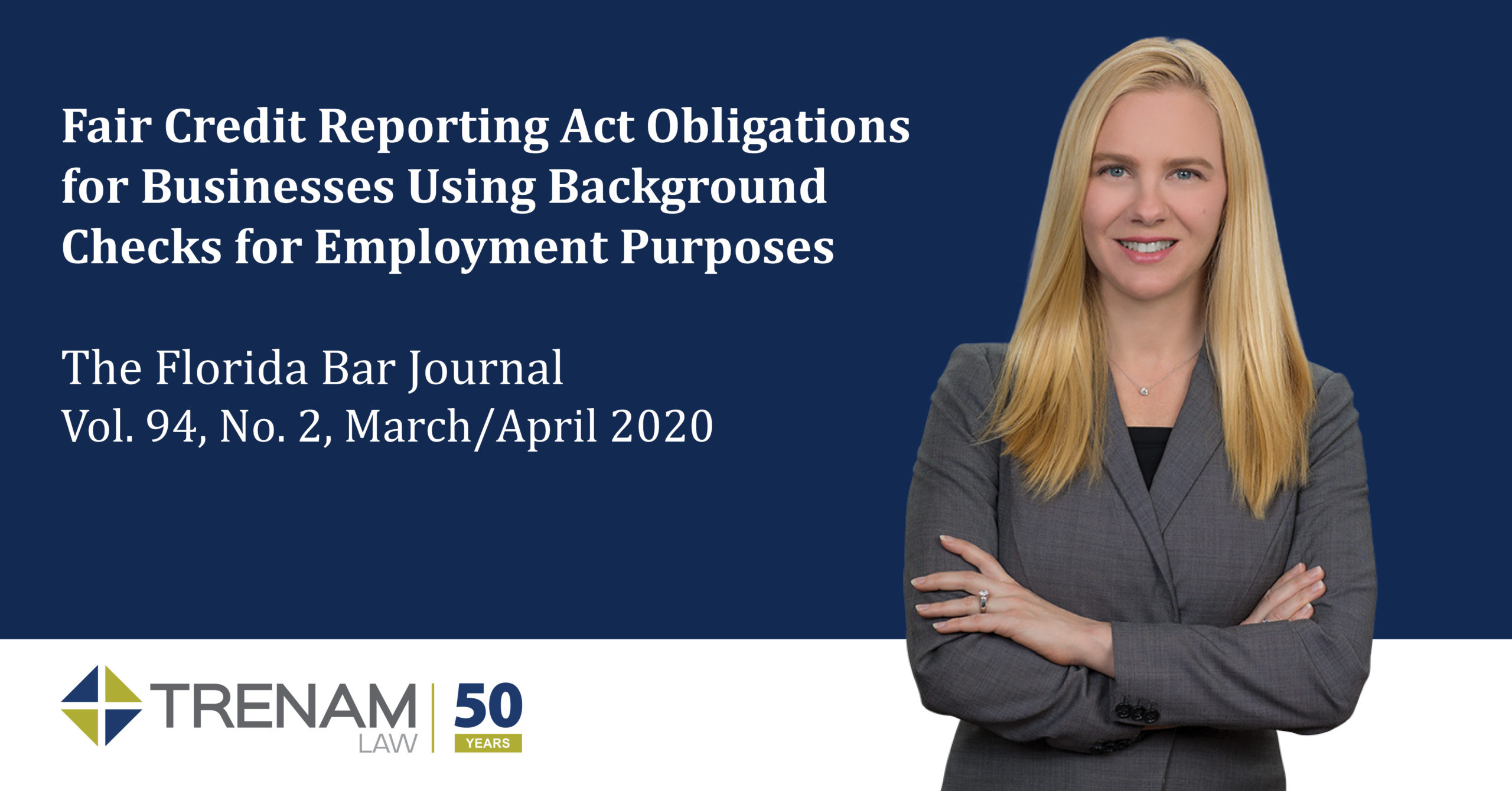
Trenam Law is pleased to announce that seventeen of the firm's attorneys have been named to Florida Trend’s Florida Legal Elite™ 2020. The list of publication’s honorees includes attorneys in private practice as well as top government and non-profit attorneys. To compile the Legal Elite list, actively practicing Florida attorneys…
Read More




